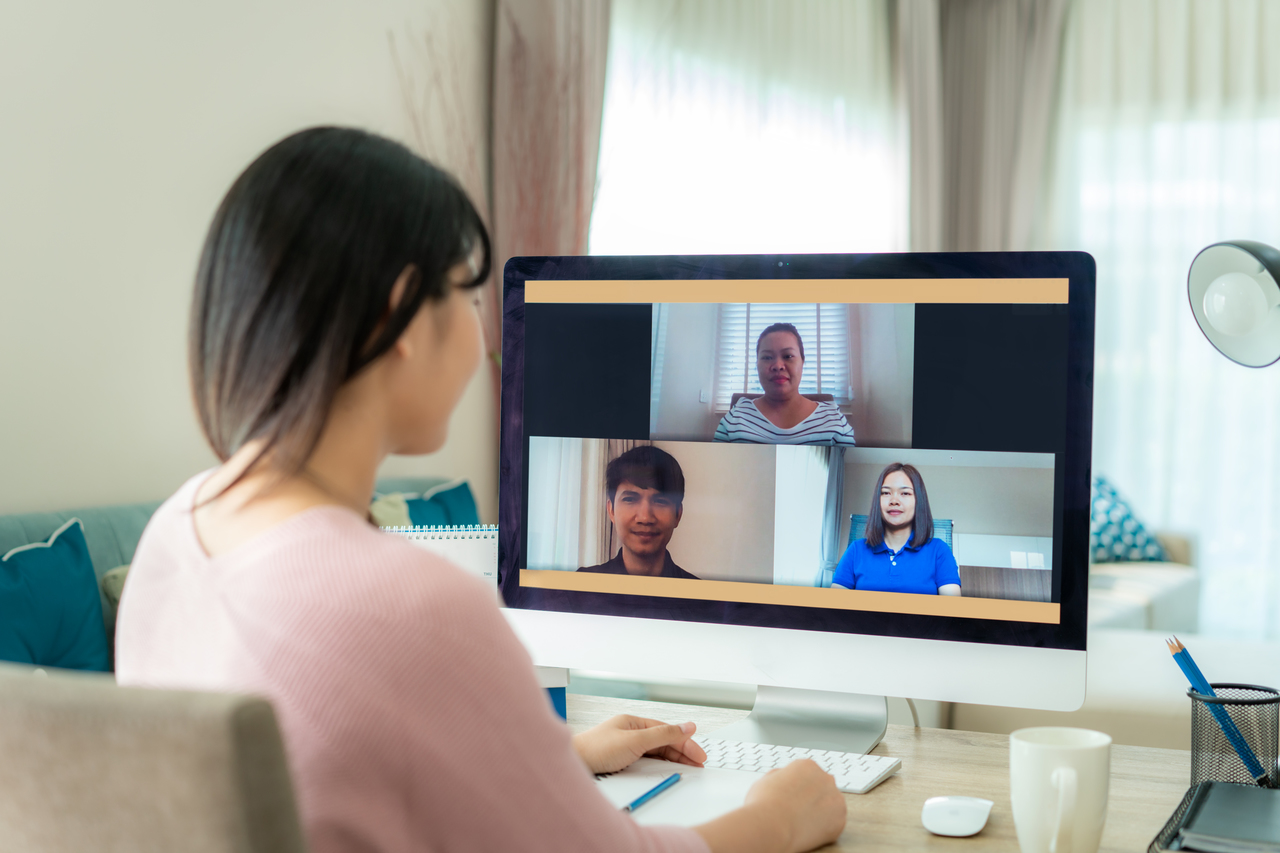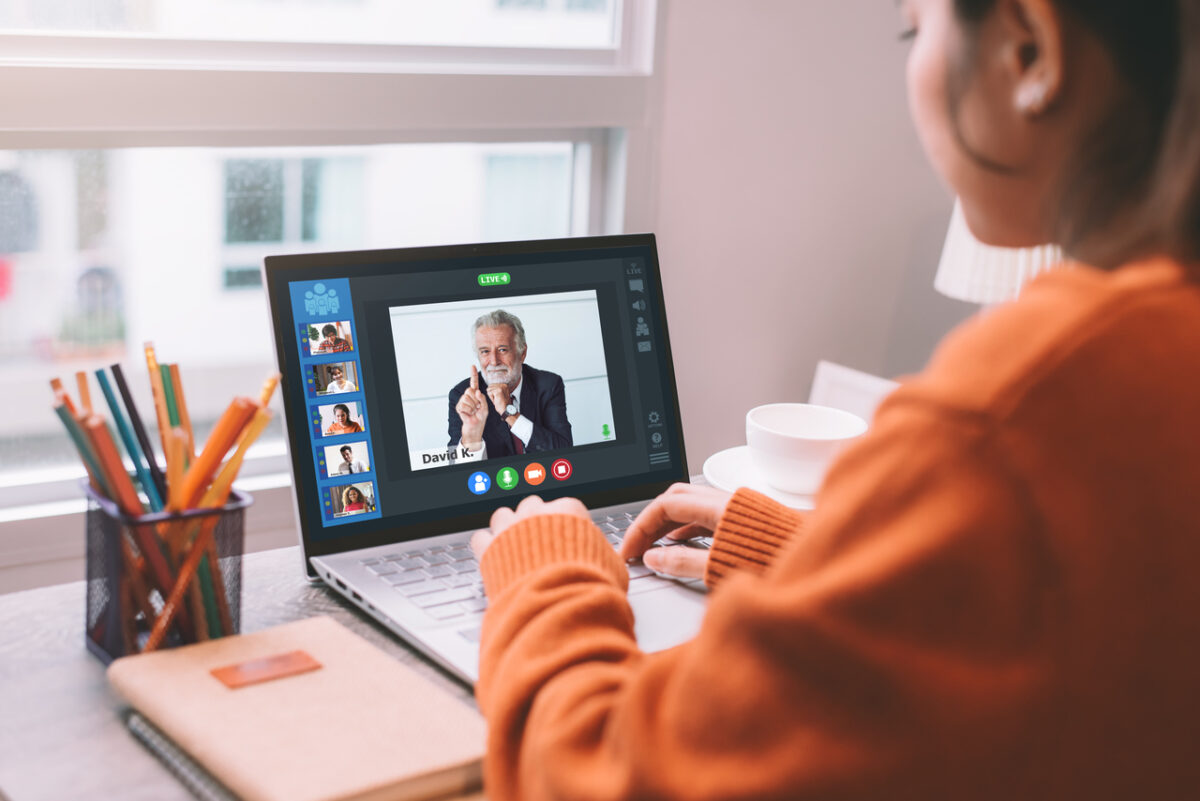How did COVID-19 change event planning?
- 2020 Events Are Not Viable
- Social Distancing
- Contingency Plans
- Event Specific Medical Insurance
- Moving To Virtual Events
Many events are either canceled, waiting, or trying to push through. Even a company outing in Alabang can still push through with some effort. However, that’s not true in all situations. There’s a lot of fear going on behind the scenes and many details are lost in the fray of panic. The rapid development of COVID-19 around the world is shocking and many businesses, events, and people feel anxious about what’s going to happen next. Here’s how COVID-19 is affecting events.
2020 Events Are Not Viable
The global pandemic has caused permanent change for a variety of events. It affects everyone, no matter which sector you’re from. One of the upcoming problems for event planners is re-organizing events. It may not be possible to have an event in 2020 as there is no vaccine available at the given time. This puts a constraint on time-sensitive events. Various organizers are anxious about time commitments and money in order to reschedule. These new challenges are difficult to adapt to at first but there’s no doubt of the resiliency of hard-working industries and the people behind it.
Social Distancing
Social distancing is an effective way to reduce infection rates and to prevent the virus from further spreading. If mass gatherings are permitted, are the attendees and guests practicing health and safety etiquette? Even if it’s on repeat on many platforms, practicing proper hygiene and social distancing will create a wall of defense against the virus. Provision of supplies like alcohol, hand sanitizer, soap, and non-contact thermometers within the event premises will help keep everyone protected. An abundance of face masks is also good protection against pathogens. This is the best-case scenario for small events to continue.
However, for large gatherings, it will be difficult to manage the influx of people. If it’s a foreign gathering, it could potentially put everyone in danger. There should be alternatives prepared by the organizers to prevent huge revenue loss.
Contingency Plans
How will larger events cope with these changes? At most, contingency plans need to have organizers on top of various aspects. What are the important must-dos? How will contracts be dealt with? Are the cancellation terms typed out properly? Many venues and suppliers are trying to survive the lost revenue. Event organizers and managers should try to avoid any payments to events that might not happen at all.
Creating contingencies this season is a must. If there’s a way to reschedule or cancel without losing much revenue, it’s best to do it as soon as possible to prevent further risks in the future. It may be an extreme strategy but an organizer’s job is to be prepared for all kinds of situations.
Event Specific Medical Insurance
There are tons of events that skim on insurance. Not many insurance policies include diseases in their plans. At the present time, it’s hard to find an event insurance policy that includes COVID-19 type illnesses. Hopefully, as more developments in the medical field are made, event insurance policies will cover communicable diseases. The challenge, for now, is implementing proper hygiene and social distancing for large events while insurance isn’t available as of this time.
Moving To Virtual Events
As the dates move, social distancing strategies, event contingencies, and event-specific insurance are not set in stone. How can the event industry cope? Thankfully, technology has always been there to improve and streamline daily life. The next best strategy for events to continue is to make use of streaming platforms and social media. It’s a good solution as it can reach a ton of people at one given time, even in remote situations. For as long as the individual has network access, they can join the event hassle-free. Many small agents have been utilizing this strategy for years and only recently has it been picked up by bigger organizers.
But the question is, will this be viable in the future? It will most likely lose its traction once the new normal and proper vaccines are secure. Meeting people at events and large scale exhibitions are still important. These are tactile experiences that can’t be produced virtually. Events like music festivals, concerts, and shows are not the same virtually. It’s most likely that these will come back as soon as it’s deemed safe.
For now, the pandemic has shown many organizers the benefits of live streaming and online collaborations.
Key Takeaway
Events like your company outing in Alabang will still happen. It may take some time to get used to the new normal but as soon as new strategies are implemented, you can expect your event to come around. As long as proper hygiene and health protocols are followed, the event industry will bounce back as soon as possible.




